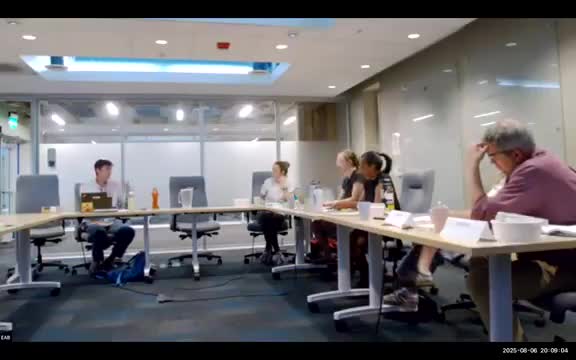Boulder City Council debates landscaping code for wildfire and water use management
August 08, 2025 | Boulder, Boulder County, Colorado
Thanks to Scribe from Workplace AI , all articles about Colorado are free for you to enjoy throughout 2025!

This article was created by AI using a video recording of the meeting. It summarizes the key points discussed, but for full details and context, please refer to the video of the full meeting. Link to Full Meeting
The council's deliberations revealed that the current landscaping code applies only to new constructions, estimated at around 200 per year. This limitation raised concerns about how to address existing structures, as many community members feel that retrofitting older buildings is essential for comprehensive environmental safety. Although there was a debate about making the code retroactive, the council ultimately decided against it, leaving many existing properties without updated landscaping requirements.
Another point of contention was the noncombustible zone—a five-foot buffer around structures where no vegetation should grow. This regulation aims to reduce fire risk, but it also conflicts with residents' desires to utilize that space for food production, especially in smaller lots. The council's discussions reflected a thoughtful consideration of these competing interests, demonstrating their commitment to balancing environmental safety with community needs.
As Boulder continues to navigate these complex issues, the outcomes of these discussions will play a crucial role in shaping the city's environmental policies and their impact on residents' daily lives. The council's ongoing dialogue emphasizes the importance of finding solutions that address both immediate safety concerns and the long-term sustainability goals of the community.
Converted from 8-6-25 Environmental Advisory Board Meeting meeting on August 08, 2025
Link to Full Meeting
Comments
View full meeting
This article is based on a recent meeting—watch the full video and explore the complete transcript for deeper insights into the discussion.
View full meeting
